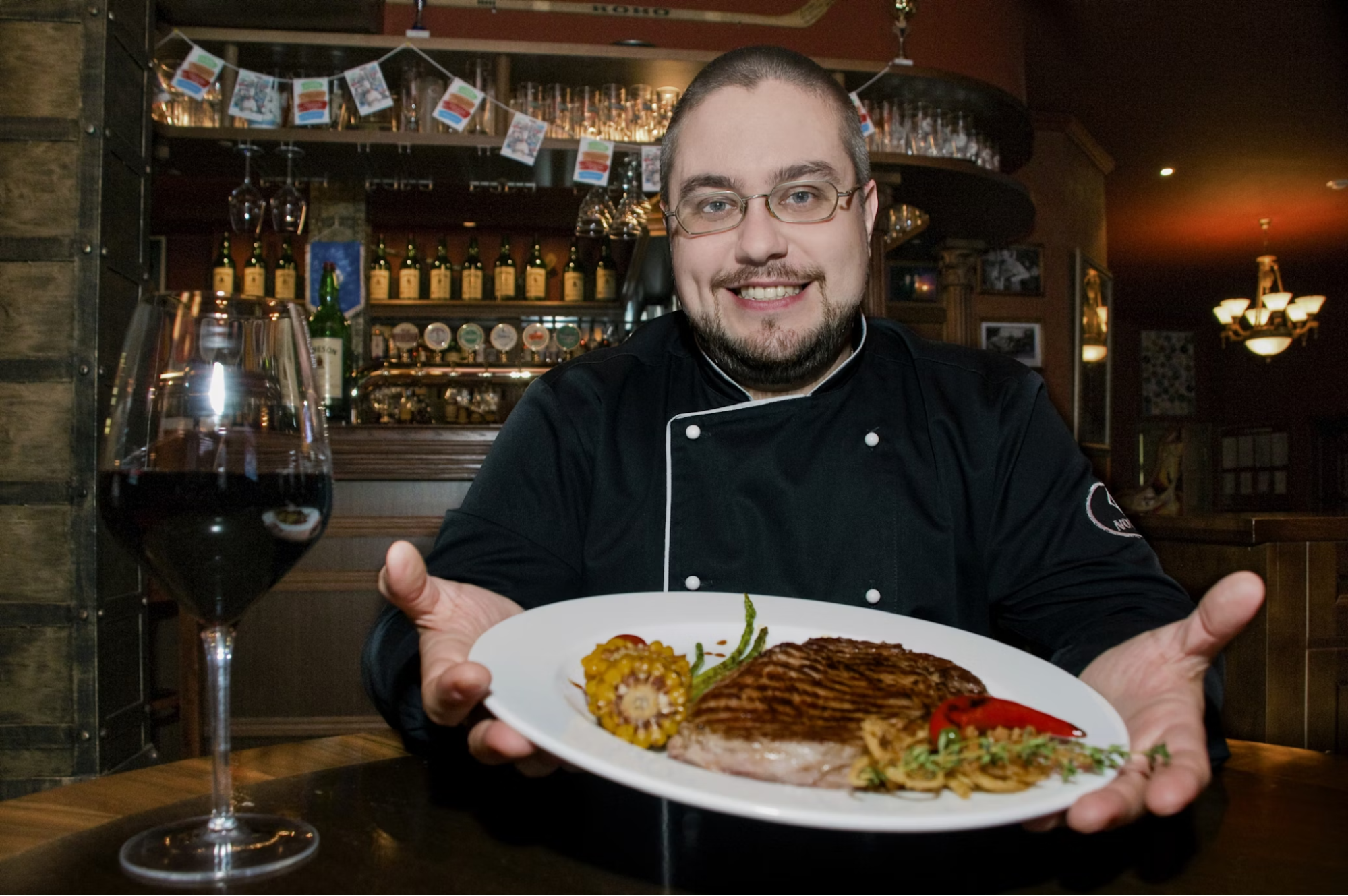- Wine Color/Type
- Top Occasions
- Unique Wines
- Surprise Me!
Does Wine Quality Matter for Cooking 👨🏼🍳?
Wine - the essence of many gourmet dishes. From rich stews to delicate sauces, the right wine can elevate a recipe to gastronomical heights. But, does the quality of this wine really matter? There's a long-standing debate among food enthusiasts and professional chefs alike about whether it's worth it to cook with high-quality wine. Let's delve into this topic and unravel the truth.
Wine elevates food flavours! (Photo: Ivan Lapyrin, unsplash.com)
Understanding the Role of Wine in Cooking
Wine serves multiple purposes in the kitchen. It can be used as a marinade ingredient, a cooking liquid, or a flavoring in a finished dish. The alcohol in the wine evaporates while the food is cooked, leaving behind an exquisite, concentrated flavor. Depending on the recipe, the wine can either enhance the taste of the dish or introduce a new, complementary flavor profile. But does the quality of this flavor enhancer make a significant difference?
Does Quality Matter? The Big Debate
The answer to whether wine quality matters in cooking isn't a simple yes or no. It's more of a 'it depends'. The quality here isn't about the price or brand, it's about the taste and how well it blends with your recipe. If the wine tastes good to you, it will likely improve the dish you're making. For instance, a good quality wine can add depth and complexity to slow-cooked dishes like Coq au Vin. On the other hand, if you're using wine to deglaze a pan, an inexpensive bottle should work just fine.
Exploring Examples
Let's consider three scenarios to better understand the impact of wine quality in cooking.
1. Beef Bourguignon: This classic French dish requires a full-bodied red wine for marinating and cooking the beef. If the wine is of poor quality, the beef might take on an unpleasant, sharp flavor. A decent-quality red wine, on the other hand, would lend a rich, nuanced flavor to the stew.
2. White Wine Sauce: For a light cream sauce to accompany your seafood or chicken, using a good quality white wine can make a noticeable difference. A low-quality wine may leave a harsh or sour aftertaste, while a better one would create a well-rounded, elegant flavor.
3. Deglazing a Pan: Deglazing is a technique used to incorporate the juicy bits left in the pan after cooking meat or vegetables into a sauce. In this case, the wine is not a dominant flavor. So, you can easily get away with using a less expensive one without sacrificing taste.
Conclusion
In the end, it all comes down to personal preference. If a wine tastes good to you, it's likely to enhance your cooking. But remember, a bad wine won't get better with cooking. If you don't enjoy drinking it, chances are, you won't enjoy it in your food either. So, choose wisely, experiment, and let your taste buds guide you in your culinary adventures with wine!
Cheers from the VinoVoss team!
Latest articles

